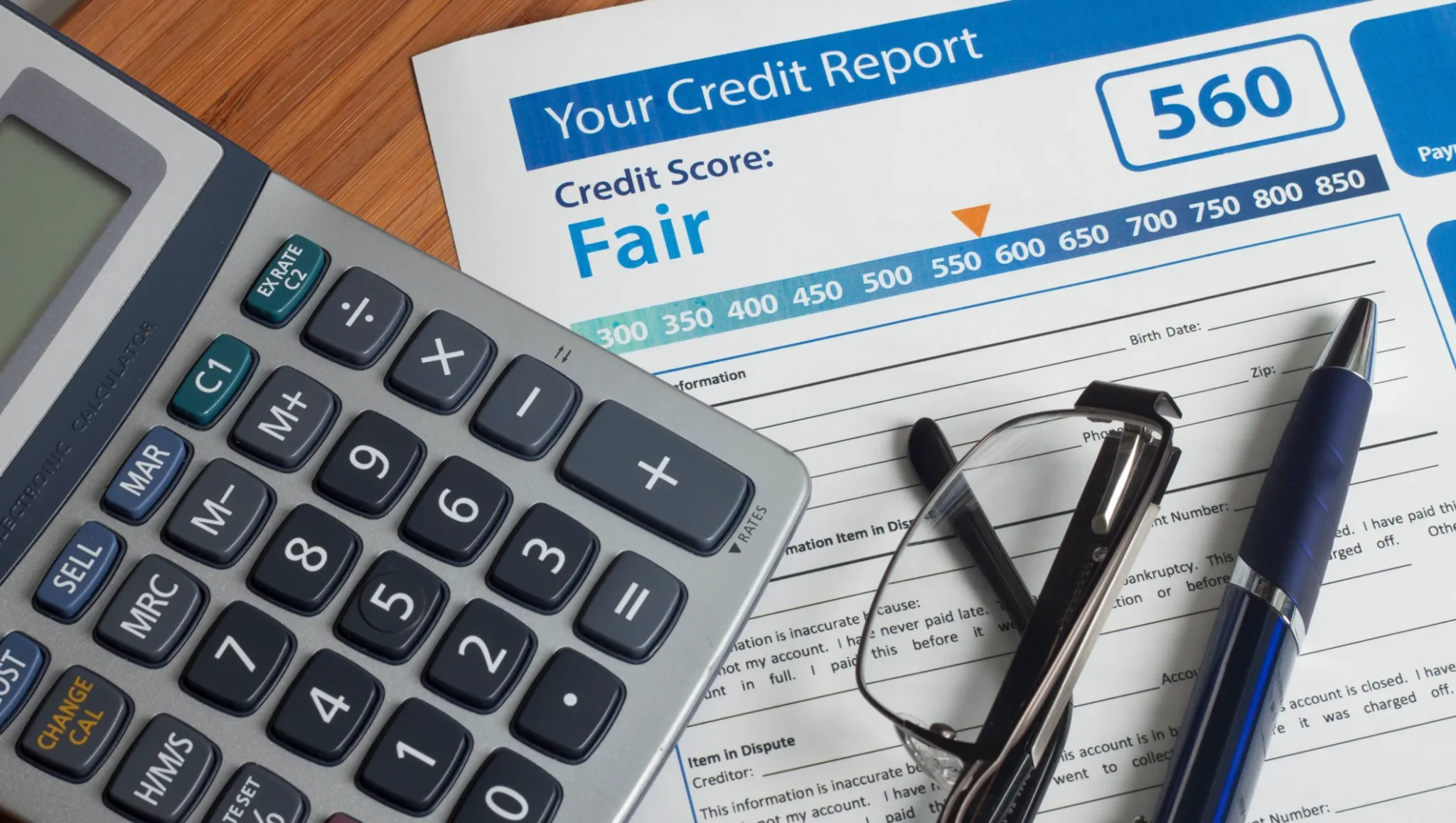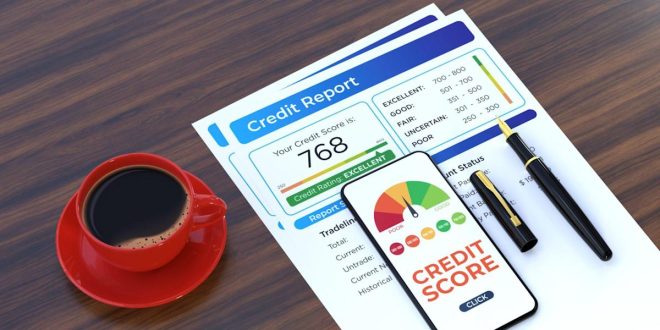The term credit score is a complex financial hurdle many would comfortably ignore until it’s necessary. However, getting a good credit score is vital and can be helpful when you face an unexpected financial crisis. Learning the ins of how it works and steps to understand why a healthy credit score is important will help you in the long run.
What determines a good credit score?
Credit scores range from 300 to 850, with a good credit being 700 and above. The determining factors heavily depend on your past payment history on loan payments, narrowing down on how consistent you have been. The amount you owe institutions also determines your credit score. If you have a mortgage, a car loan, a college loan, a medical loan, and any other loans, the lower your credit score becomes.
However, the length of your credit history is also a big determining factor in the weight of your credit score. Even if you now have a lot of financial liability, if you have a solid history of making consistent payments, your credit score is automatically bigger since financial institutions look for your ability to pay when giving credit. If you’re unsure why a good credit score is important, here are some things you need to know:
1. Approved or Denied

Financial initiations will look at your credit score to determine your eligibility for a loan. Many lenders start by focusing on the numbers before asking why you need the money. It’s regardless of whether the money is for a medical emergency, personal use, or even a business. The lower your credit score, the more likely you will be denied a loan.
2. Interest Rates
Lenders focus on your credit score to determine interest rates. Lenders have no qualms ringing you for more money if you have a bad credit score as you are a considerable risk to them. Creditors use your credit score to calculate risk before they assign an interest rate. If we both want money for the same car and I have a better credit score, it’s natural that I’ll pay less than you eventually.
3. Past Checks
Your lifestyle choices and standard of living determine your credit score. The numbers to calculate the credit reports are obtained from the credit bureaus, including Equifax, TransUnion, and Experian. However, each of them gives an independent report. Some essential information following past checks include:
- Full names
- Social security number
- Your past and present addresses
- History of dealing with credit, including credit cards you own and other loans
- Inquiries to your credit
- Credit limit
- Liens
- Account balance
- Bankruptcies
- Foreclosures
Every year, it’s possible to get one credit report available for free with all subsequent requests from one of the best credit repair companies, such as Credit Saint.
4. Personal Responsibility

Man is to error, and all the information collected and work as credit reports can have some errors that may translate to a poor credit score. You’re responsible for ensuring that all credit report errors are fixed and reflect actual and accurate information. If you get an error such as a wrong account or default payments, you need to push to have it expunged.
5. Circumstances Change
Some things such as divorce, loss or finding a job, graduating, or immigration can easily change your credit scores. Note it’s easy to have a bad credit score within a short time, while building a good one takes a few years. Building a high credit score can be challenging but boils down to seeking credit and being responsible about it.
6. Lenders Do Not Advice
Building credit is a personal responsibility, and no lender will advise you on ways to improve your credit score as they’re often interested if you can pay back loans plus interests. Hire a credit report company to help with your journey to help you avoid mishaps that impact your credit score in the future. Go for reputable companies that have genuine positive reviews from customers. In this case, go for the best credit repair company like Credit Saint. You must check out their reviews here at wishtv.com.
7. Income Matters

Suppose you’re starting your first job and are yet to have any credit scores. In that case, your income becomes the determining factor and will determine the range in which you are placed on the credit score pool. Since the credit reports are limited information, boost your credit score by availing things like phone bill receipts. The timely payments will be of significance and they determine your ability to consistently make payments and help lower your credit risk as a first-time client.
8. Different Credit Scores
FICO scores are the most popular places where credit lenders pull credit scores from. However, there are many other places to get it from, and the different versions may show different credit scores. In this case, when applying for a loan, it’s better to have a good credit score around and ensure that all reports are free from errors as lenders can pull any report and use it to approve or deny your request.
9. Employers Background Check
Potential employers have access to a modified version of your credit report when looking for new talents. Most employers use it to check on your debt and payment history and determine the level of risk you are to them, especially if it’s in a sensitive position. Still, employers ask for your permission before doing the check. With the report, they determine worker retention or even information trading: the lower the credit score over some years, the higher your risk and the less likely you are to be employed.
10. Landlords Power

Like employees, landlords also check on your credit history and see your debt and payment history. Landlords can do this without your permission but are required by law to notify you when they deny you some privileges. Most landlords use the check to determine if you will be a good tenant based on your credit.
It’s important to start building your credit score early to protect your financial future. With good credit, you can easily access credit from multiple lenders at great rates. If you have bad credit, come to Credit Saint, and we’ll help you repair your scores in the shortest time possible, opening endless possibilities.
 Imagup General Magazine 2024
Imagup General Magazine 2024



